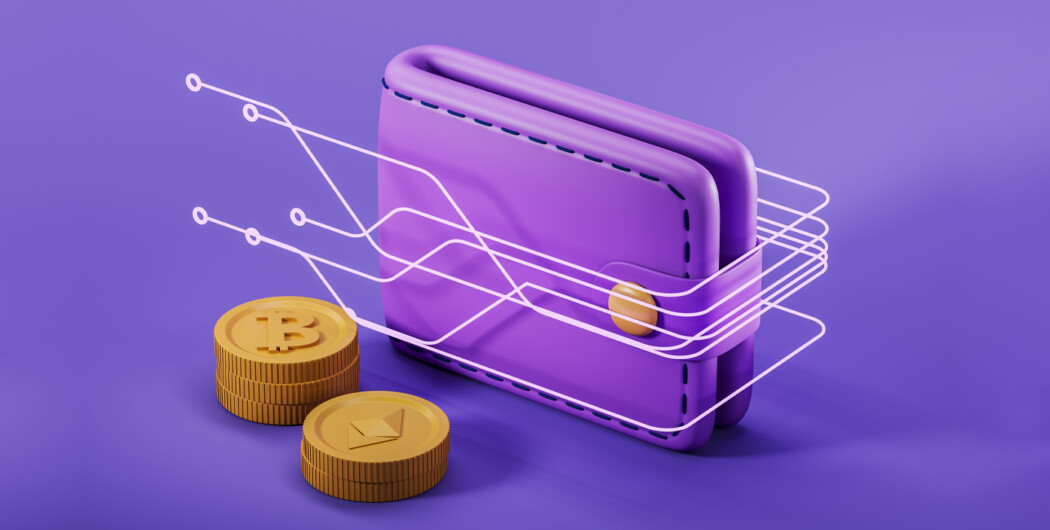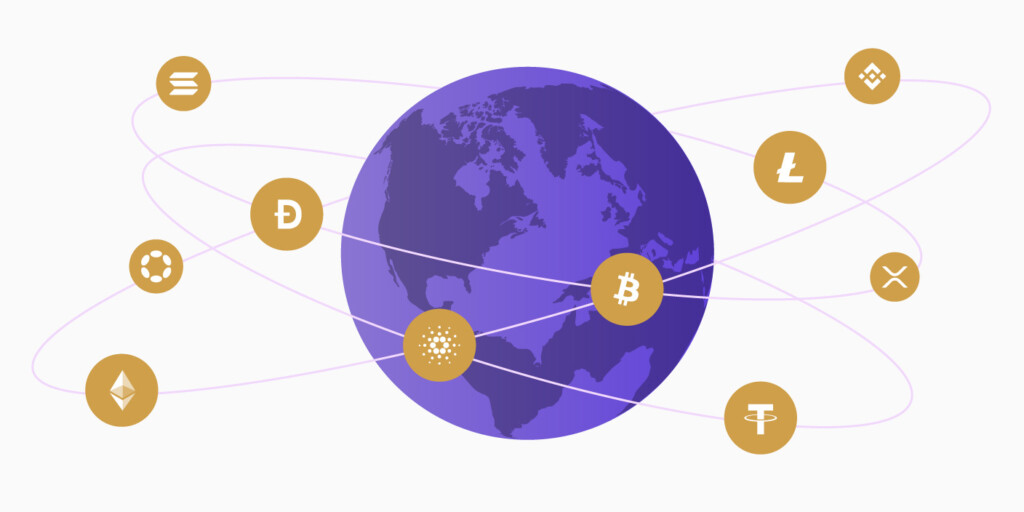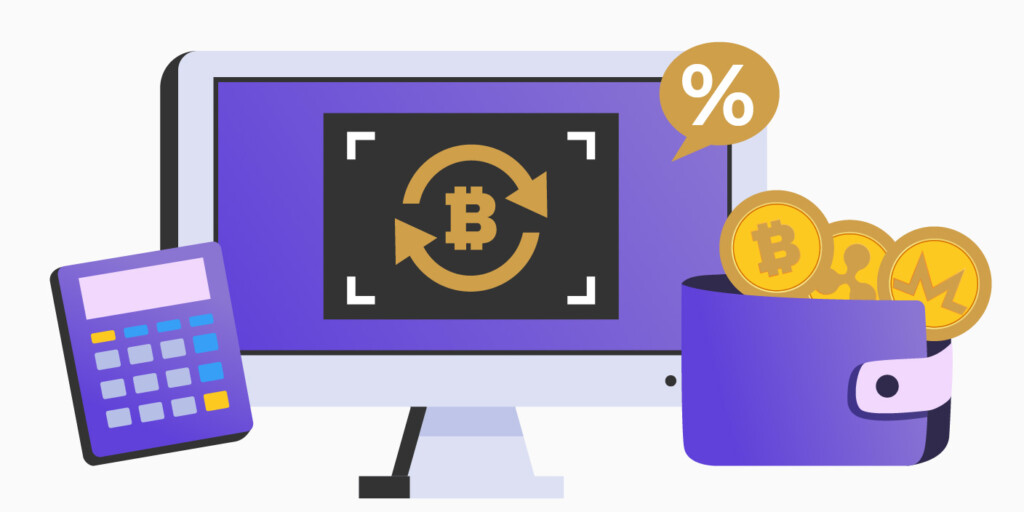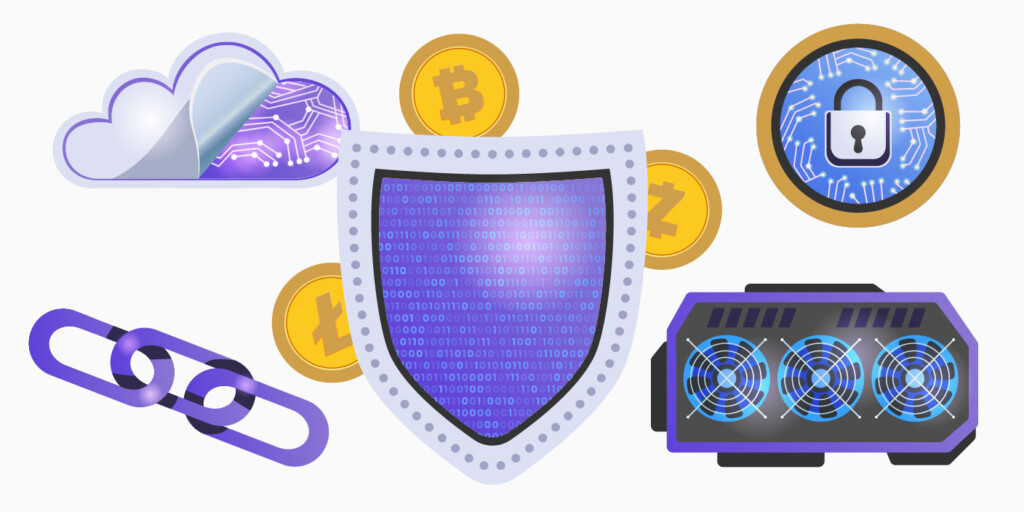

There are some essential things you need to know before dealing with cryptocurrencies. Time and time again, some people have made vital mistakes when it comes to managing their crypto wallets. For example, Stefan Thomas lost the password to his IronKey hard drive, which contained 7,002 Bitcoin. Or James Howells accidentally threw away a hard drive that contained 7,500 Bitcoin. So, even if you get the best crypto wallet, there are many important considerations.
If you’re interested in cryptocurrencies and crypto wallets, here are 10 things that you need to know to get started:
1. Cryptocurrencies are not limited by geographic boundaries

The first thing you should know about cryptocurrencies is that they offer a way around obstacles of traditional banking systems.
Anyone, anywhere in the world, can participate in the cryptocurrency market, regardless of their location or nationality. This is a sharp contrast to the financial systems you’re used to, which are heavily regulated and restricted to specific regions. Cryptocurrencies, on the other hand, operate on a decentralized network.
2. Regulations vary by jurisdiction
Cryptocurrencies are a relatively new technology, and governments around the world are still grappling with how best to regulate them. Some countries have embraced cryptocurrencies. In these jurisdictions, there are progressive regulatory frameworks that are designed to encourage innovation and growth in the industry.
Other countries have taken a more cautious approach, and they view cryptocurrencies with suspicion and impose strict regulations to try to control their use. So, you need to be aware of which jurisdiction you’re operating in.
3. Transactions are irreversible and non-recoverable
Most people are used to the fact that bank transactions can be undone if there is a problem or error. In the cryptocurrency world, it doesn’t work that way.
It’s very important for traders to know that once a transaction has been confirmed on the blockchain network, it can’t be reversed, canceled, or undone. Even if you send crypto to the wrong address or fall victim to a scam or fraud, all transactions are final.

4. Market sentiment is a major driver of prices
The value of cryptocurrencies is largely determined by speculation and investor sentiment. In fact, some analysts argue that market sentiment plays an even greater role in cryptocurrency prices than traditional fundamental or technical analysis.
If there is positive news about a particular currency (e.g., a new partnership or integration with a major company), there will be a surge in investor optimism and possibly a spike in the price. Negative news, like a regulatory crackdown or a high-profile security breach, will likely cause prices to plummet.
5. Cryptocurrencies and wallets have fees

First of all, traders need to account for transaction fees (paid by the sender). The size of the fee usually depends on the size of the transaction or the level of network congestion at the time (more about congestion later).
There are also network fees for transferring funds between wallets, deposit and withdrawal fees for converting fiat to and from crypto, and storage fees for holding assets in a wallet.
6. Crypto wallets aren’t created equal (features, security, etc.)
As a trader, you also need to know how to choose a crypto wallet. As with any technology, cryptocurrency wallets vary significantly in their features, security, user experience, and other parameters.
Of course, pay close attention to the level of encryption and other security measures, such as two-factor authentication, backups, and more. You also need to consider the user interface and experience, the ability to manage multiple cryptocurrencies, and the availability of additional features like decentralized exchanges and staking.
7. Wallets require responsible ownership
Owning cryptocurrency comes with a great deal of responsibility. Even if you use the most reliable crypto wallet, you must remain vigilant and take measures to protect your funds. At the very minimum, it means verifying the authenticity of any communication or software related to your wallet and never giving out your private keys. You also need to keep your applications up to date with the latest security patches.
8. There is no way to recover a crypto wallet password
The decentralized and encrypted nature of cryptocurrency makes it impossible for anyone to access your funds without a password. This includes your wallet provider.
This is both a good and a bad thing. If you lose your password or seed phrase, you’ll essentially lose access to your funds forever. But on the plus side, this also means that your funds are incredibly secure and no one can manipulate your funds.
9. Network congestion can be a concern
Network congestion happens when there are more transactions on the network than it can handle. This, unfortunately, leads to slow processing times and increased fees, which makes it a frustrating experience for users.
Traders need to be aware of the impact it may have on their activities. And it helps to have a backup plan in case of network congestion or other technical issues, like the option to increase transaction fees or use decentralized exchanges.
10. The technology behind cryptocurrencies is constantly evolving

Over the past decade, there’s been an explosion in the number of cryptocurrencies and the development of new technologies that support them. For example, the introduction of smart contracts in Ethereum was a big change. Moreover, the rise of decentralized finance offered users greater control over their finances, and so on.
As the technology evolves further, expect to see even more innovation that will change the way you trade and manage cryptocurrencies.
Sources:
How does Bitcoin work? Bitcoin.org
Understanding Crypto Costs: Transaction and Gas Fees, WorldCoin
What Is a Crypto Wallet? How It Works & If You Need One, Business Insider
What’s next for crypto, MIT Technology Review









